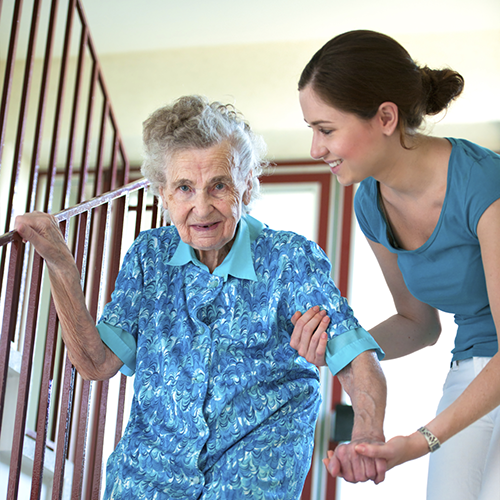Women carers are more diverse than once thought

A University of Queensland study has challenged perceptions about women providing care for disabled, ill or frail family members.
The study examined the patterns of caring undertaken by more than 26,000 young and mid-age Australian women using data from the Australian Longitudinal Study of Women’s Health.
Study leader, Associate Professor Leigh Tooth, said women providing care may not be as easily identifiable by their health, education level, or financial status as commonly thought.
“Currently, health policies and programs for carers have often been based on assumptions that carers are older, are likely to be unemployed, and have poor health and wellbeing,” Associate Professor Tooth said.
“While our research confirmed that young and middle aged women providing ongoing care were more likely to have lower income and employment prospects, this wasn’t true for all patterns of caring undertaken by women.”
The research team was surprised to find young women providing intermittent care were not as easily identified by their social, economic or health characteristics. “Young women who undertook episodic or intermittent caring for loved ones had varying social profiles, and stepped up to provide care irrespective of their education level, financial status or individual health profiles,” Associate Professor Tooth said.
“Many young women carers were educated, working women with children and other life commitments, who were also meeting the intermittent caring needs of other family members.
“For example they may have been providing short term housing and support for frail and elderly parents, children, or siblings with mental or physical disabilities.” Associate Professor Tooth said study findings could have implications for policies aimed at supporting carers in the community.
“This study makes it clear that health policies, and education and awareness campaigns, also need to target outside previously identified carer groups,” Associate Professor Tooth said.
The study http://www.biomedcentral.com/1471-2458/14/74 was published in the online journal, BMC Public Health, on 23 January 2014.

